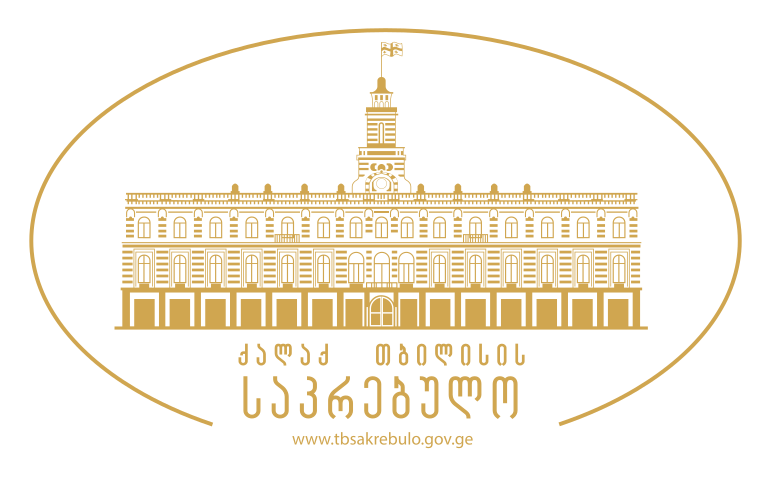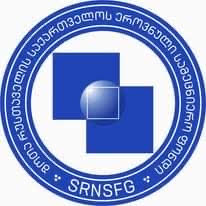Workshop
Galician Literature, between Identity Construction and Intercultural Dialogue
Convenor:
Dr Teresa López
Illa Research Group Coordinator
Department of Letters
University of A Coruña
Participants:
Dr Leticia Eirín (Illa Research Group, Department of Letters; University of A Coruña Department of Letters) in the paper - Medieval Galician-Portuguese Literature in the Context of Western Europe - analyses a medieval Galician-Portuguese literature in the context of other European literatures, such as Provençal or French and, also, as a beginning of a literary system on which contemporary Galician literature is based on.
Dr Carme Fernández Pérez-Sanjulián (Illa Research Group,Department of Letters, University of A Coruña) presents the literary work of Rosalía de Castro (1837-1885), central author of the Galician Revival - Follas Novas (1880) - in the context of the literatures of her time. She notices how Rosalía de Castro, from a marginal position and without the support of Galician institutions, manages to establish an aesthetic and ideological dialogue with the discourses of other contemporary authors who are central in the Western canon.
Dr Teresa Lópezb ( Illa Research Group Coordinator, Department of Letters,University of A Coruña) in her paper - Searching for an Authentic Vanguard - discusses about a project, developed by the Galician nationalism in the 1920s. It was a project of cultural construction that incorporated direct dialogue with other cultures, mainly with those with which it shared historical, ethnic or political elements. The purpose of the presentation is to analyze the attempts to combine Galician tradition with models and procedures from the international avant-gardes.
Dr Diego Rivadulla Costa (Illa Research Group; Department of Letters; University of A Coruña) in Exile and Cultural Memory in Contemporary Galician Literature - speaks about the Franco dictatorship inevitably marked the cultural history of
Galicia in 1939. As literature plays an essential role as manifestations of cultural memory, these process will be showed by means of a dialogue with similar socio-political and fictional discourses produced in the Iberian, European and transatlantic context.
The Project was supported by Shota Rustaveli National Science Foundation of Georgia (SRNSFG) [grant number MG-ISE-22-170]


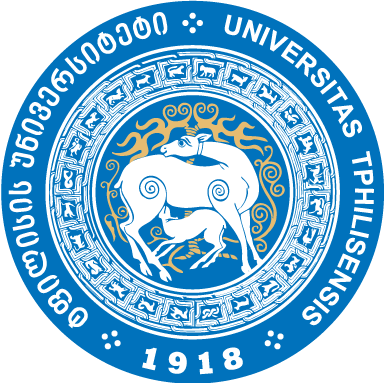

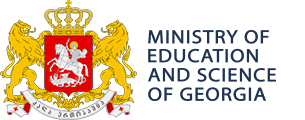
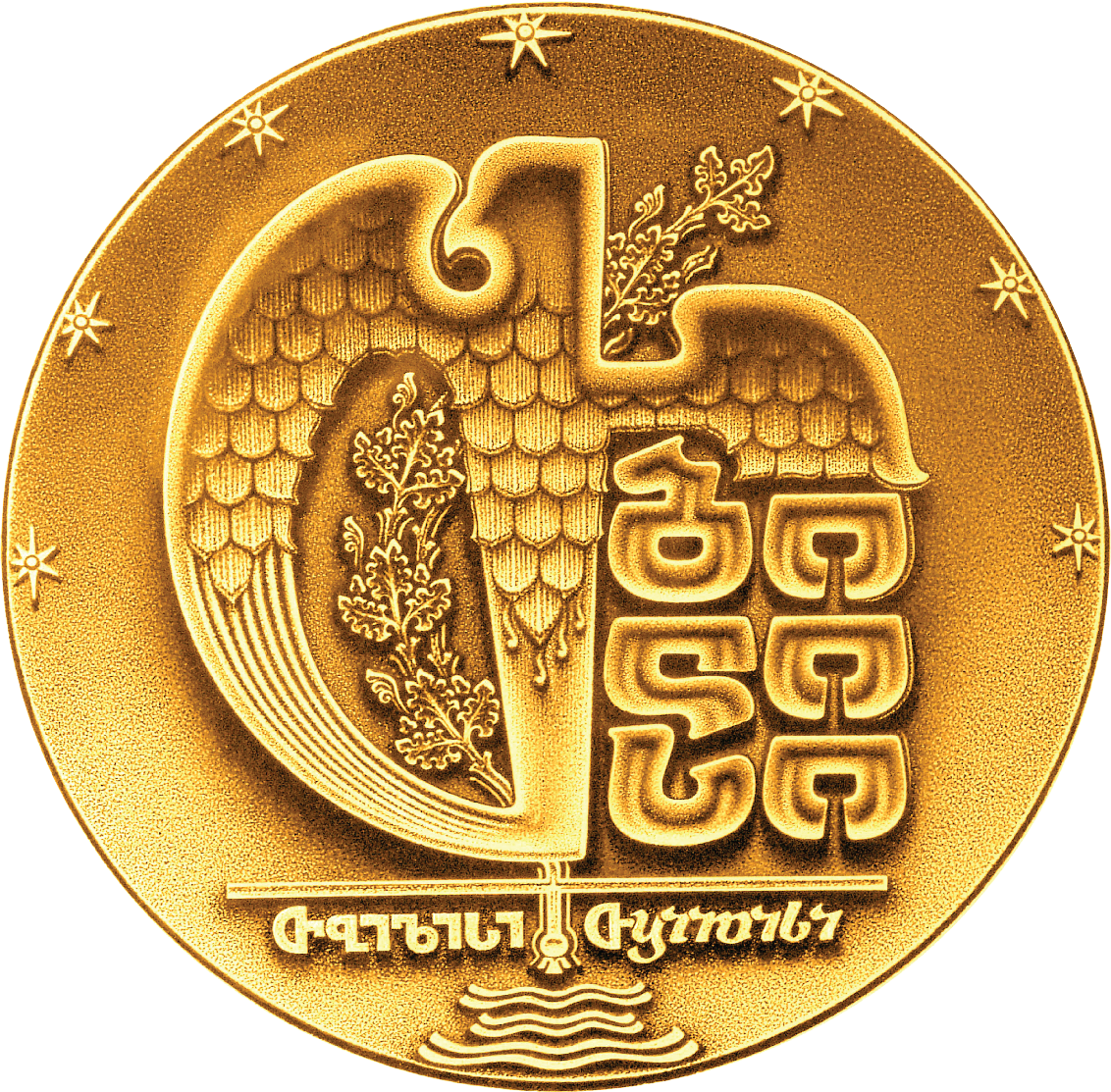

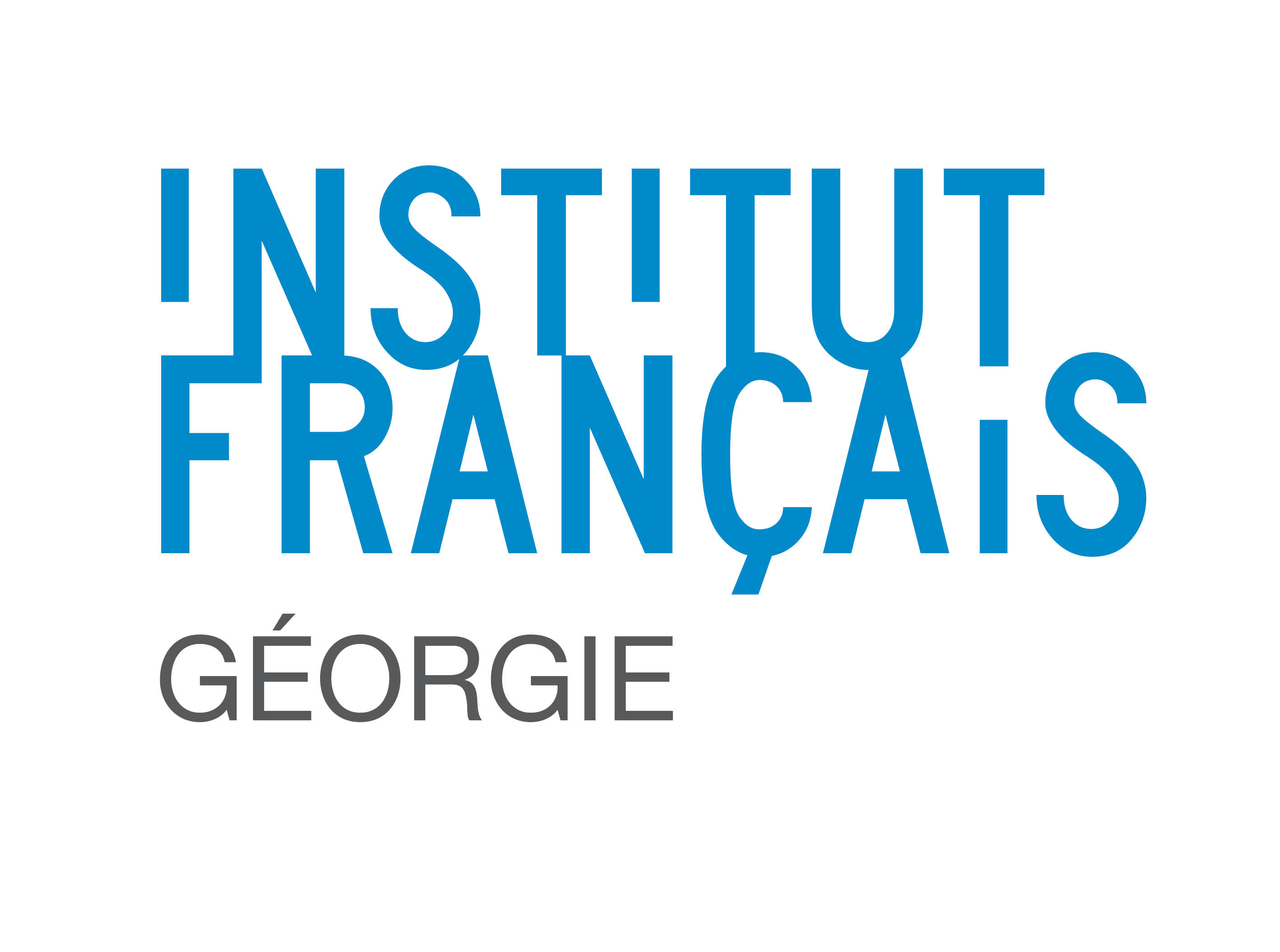


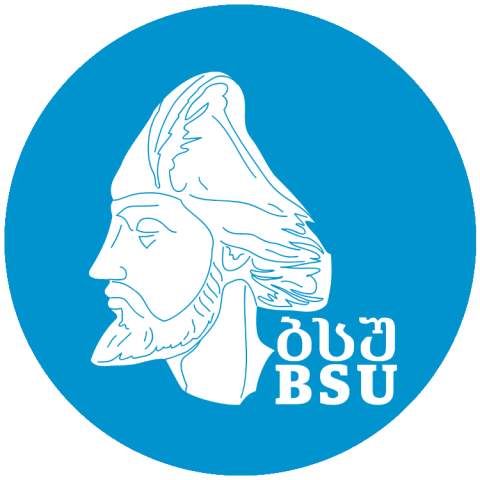

_001.png)

